Hydrodistension
What is Frozen shoulder/Adhesive Capsulitis?
Frozen shoulder is an extremely painful condition in which the shoulder is completely or partially unmovable (stiff). It is one of the most painful conditions of the shoulder it often starts without any reason, or a minor injury to the shoulder it has been known to develop after shoulder surgery. It is more common in patients with diabetes and hypothyroidism.
The condition usually goes through three stages, (stage 1) starting with pain (stage 2) pain and stiffness and finally (stage 3) stiffness and slow return of movement. This process can take a long time and has sometimes been known to take as long as two years and longer.
The shoulder joint has a capsule around it, it is normally a stretchable elastic structure. it allows the shoulder to move freely. With a frozen shoulder this capsule (and its ligaments) becomes inflamed, painful and contracted. This normal elasticity is lost and pain and stiffness set in.
What is Shoulder Hydrodistension?
Ultrasound guided hydrodistension involves an injection into the shoulder joint using ultrasound to accurately guide the needle into the shoulder joint. Firstly with local anaesthetic followed by a small amount of corticosteroid then a large amount of saline (water). The purpose of the procedure is to settle down any inflammation and pain and stretch out the stiff/contracted capsule.
The injected fluid can be seen to expand the joint capsule, thereby opening or freeing up the joint allowing for improved range of movement. The current evidence suggests it is as effective as manipulation-under-anaesthesia (MUA), with less complications.
Why have I been offered this treatment?
What is involved?
It takes around 15 minutes, you will be asked to lie on your side with your arm by your side. The skin around the shoulder will be cleaned with sterilising fluid. a fine needle will be guided into the shoulder joint under ultrasound guidance, anaesthetic will be injected to ensure safe positioning and pain relief followed by steroid and saline.
It is safe?
What can I expect to feel during and after the procedure?
What happens after the procedure?
Does it work?
What if it fails?
Conditions Used for
Frozen Shoulder
*We advise a recent x-ray of the shoulder prior to this procedure. We can organise if this has not already been done.
MEET THE
Team

Josh Wheatley
MSc Phys, MCSP, HCPC, PgD Med Ultrasound, Independent Prescriber

Michael Bryant
Consultant MSK Physiotherapist, Sonographer, Independent Prescriber



